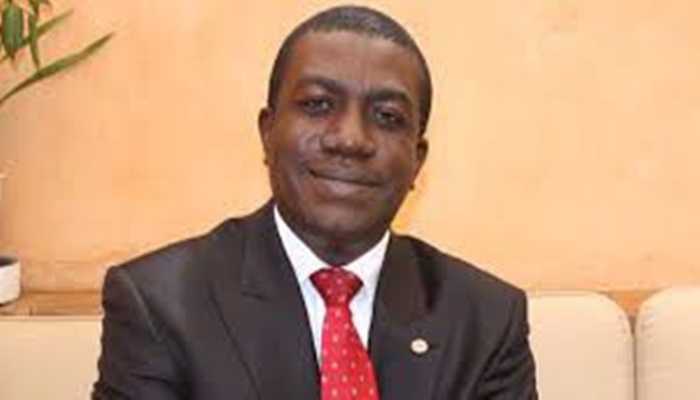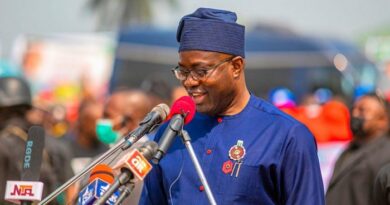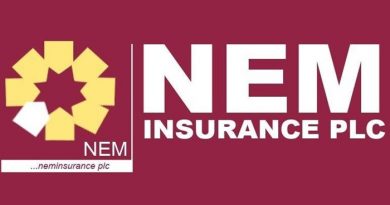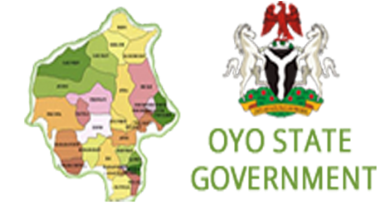Nigeria to unlock credit for small firms with new development bank
Development Bank of Nigeria (DBN), a new state-backed lender, aims to make up to 20,000 new loans to small firms within its first year of operation as part of efforts to help unlock credit to the recession-hit economy, its chief executive Tony Okpanachi said.
Africa’s biggest economy is in its second year of a downturn brought on by low prices for oil, the country’s main export, which has slashed government revenues and hammered the naira currency. Many businesses have had to shut down or lay off workers to survive.
The new development bank — modelled on Germany’s KfW — will lend to local commercial banks and microfinance institutions that will then make loans to small firms, helping boost economic growth and jobs.
Small scale enterprises make up 60 percent of Nigeria’s economy.
Okpanachi said the bank will grant loans of up to 12 years’ maturity, longer than usual for the West African country, to enable the financing of new projects that would not be viable with short-term funds and in dollars.
The newly licensed bank has the Nigerian government, African Development Bank, European Investment Bank, the World Bank and KfW as initial investors, with start-up capital of $1.3 billion. It aims to start lending in August.
“The focus is on new loans,” Okpanachi, an ex-Ecobank executive, told Reuters in an interview.
“We know agriculture is a focus area, we will encourage that. We know other small industries. We would also try to encourage those sectors that will give maximum impact to the economy.”
President Muhammadu Buhari has pledged to strengthen the agricultural sector, to reduce Nigeria’s costly food imports and diversify the economy away from over reliance on oil. But access to long-term funds in local currency has been a major hurdle.
Long-term naira financing is scarce in Nigeria. In 2013, when the country was seen as an attractive investment prospect several firms took out dollar loans to expand.
Then, the economy was growing, oil prices were rising and the currency was stable. Now, lower crude prices and revenues mean dollars are running short, making it tough for local companies to repay foreign currency loans from earnings in the devalued naira.
Okpanachi said the development bank aims to secure a credit rating from an international agency and to raise fresh capital within three to five years of operation.
The bank’s board is made up largely of non-executive directors appointed through a competitive process to ensure proper corporate governance, he said.
Credit: Reuters




